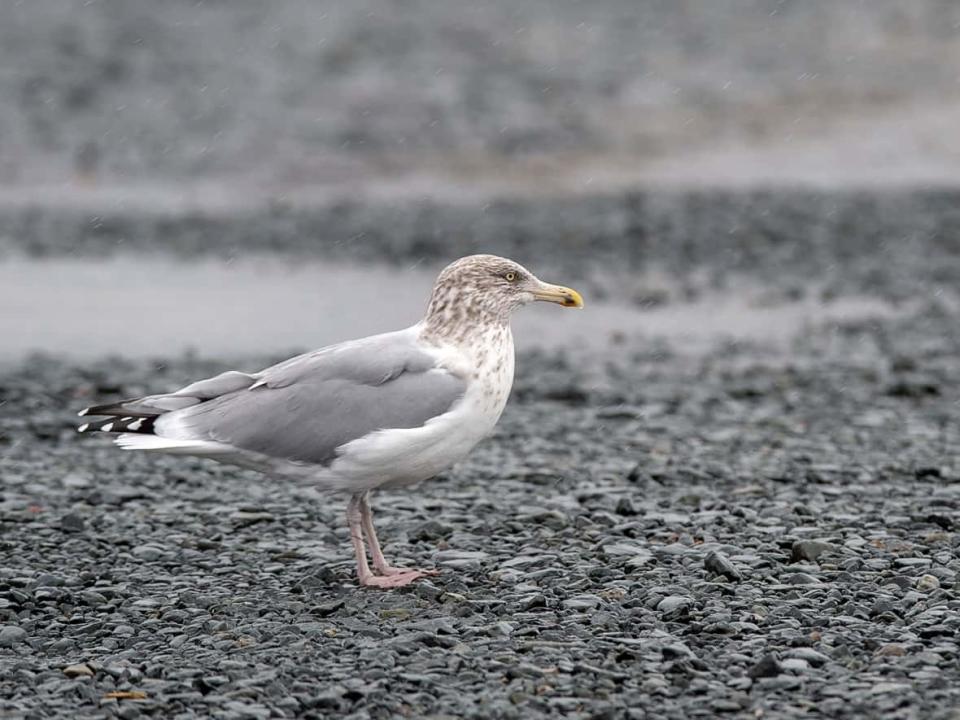3 cases of avian flu now suspected in Nunavut

Three birds in Nunavut are thought to have died from avian influenza recently.
On Friday, the territorial government announced a third suspected case of the flu. The first two were announced Aug. 5.
The most recent case was detected in a herring gull on Tukarak Island near Sanikiluaq, a community of about 1,000 people. That's south of Coats Island, where one of the other cases was detected in a live thick-billed murre. The flu has also been detected in a herring gull near Cambridge Bay.
All of the cases have been reported to the Nunavut government from the federal government's Canadian Wildlife Service.
Cases of avian influenza have now been reported in all provinces and territories except for the N.W.T.
In a public health advisory Friday, Nunavut's Department of Health said the risk to humans is low, but people should take precautions when handling wild birds. Generally speaking, cases of transmission to humans happen through close, lengthy contact with infected birds or contaminated environments.
There is no evidence that the virus can be transmitted to people if they eat fully cooked birds or eggs.
People should wear gloves, wash their hands with soap and water, and clean dirty clothes and equipment as soon as possible if they harvest wild birds and eggs, the department stated.
Signs that birds may have avian flu include nervousness, trembling or lack of co-ordination, swelling around the head, neck and eyes, and diarrhea or sudden death.
If you come across more than one dead bird in an area, that's a sign the virus is present too.
If you feel sick after handling a bird, you should contact your local health centre. If you notice unusual death or illness in birds, you can contact the local conservation office for your community.

 Yahoo Movies
Yahoo Movies 